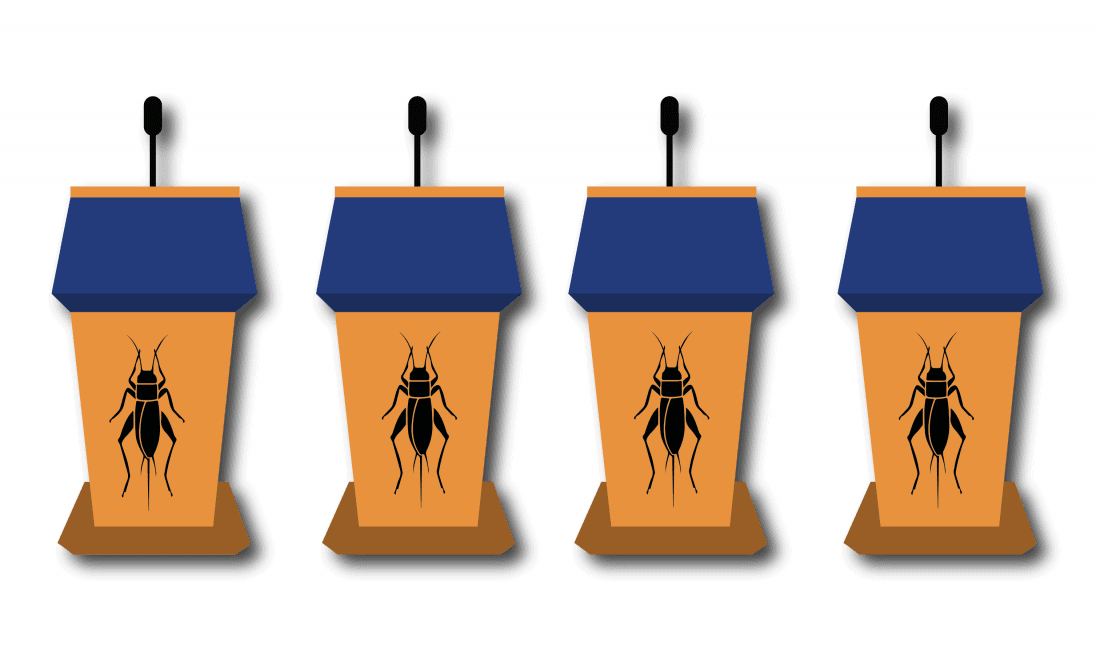
There’s a long history of apathy toward student politics at the University of Saskatchewan, and as four students now prepare to take U of S Students’ Union executive positions without competition, this year’s elections are more lacklustre than ever.
Campus campaigns for both the USSU executive and University Students’ Council positions began at midnight on March 12 — poster night, as it’s infamously known as. This year, however, the patter of feet and sounds of frantic taping that usually reverberate through the hallways on this occasion were much quieter.
On a walk through the Arts Tunnel now, you might notice there are notably fewer posters hanging for ne’er-do-wells to deface and vandalize.
Yes, for the first time since 2009, all of the candidates eyeing USSU executive positions are running uncontested. What this means is that, in order to win, candidates simply need more yes votes than no votes and abstentions — and confidence in their ability doesn’t have to be felt or even considered by everyone they’ll govern.
In fact, it takes surprisingly few voters to determine who will represent the 19,000 or so undergraduate students currently enrolled at the U of S.
Last year, only 18.6 per cent of the undergraduate student body took part in the USSU elections. The year before, in 2016, voter turnout was 23.9 per cent. In the past decade, voter turnout was lowest in 2011, when only 8 per cent of undergraduate students participated.
In terms of compensation, these student leaders make bank. In the 2017-18 school term, the USSU Executive each earned a salary of $40,199 — including the value of benefits. So, why the lack of interest? As opinions editor at the Sheaf, my salary is a more meager $8,840, without any extra benefits, and I’m not the only person who applied for this job.
One thing’s for certain, should these executive candidates — qualified or not — win their respective spots by maintaining the confidence of the small portion of undergraduates who do vote, they’re bound for a rocky term. It’s hard to make an impact when you’re faced with disinterest from the start.
But, who’s at fault? Well, it’s not so easy to say. Certainly not the candidates, as they each have at least a vested interest in this election’s outcome. It’s also hard to fault the undergraduate body for simply not caring — there has to be a reason why students don’t feel like these decisions are important.
What’s troubling is the growing divide between students at the U of S and the body that governs them — there should not be any separation. The USSU executive positions lose legitimacy when they’re decided by such a small portion of the students they are said to represent.
—
Emily Migchels / Opinions Editor
Graphic: Lesia Karalash / Graphics Editor